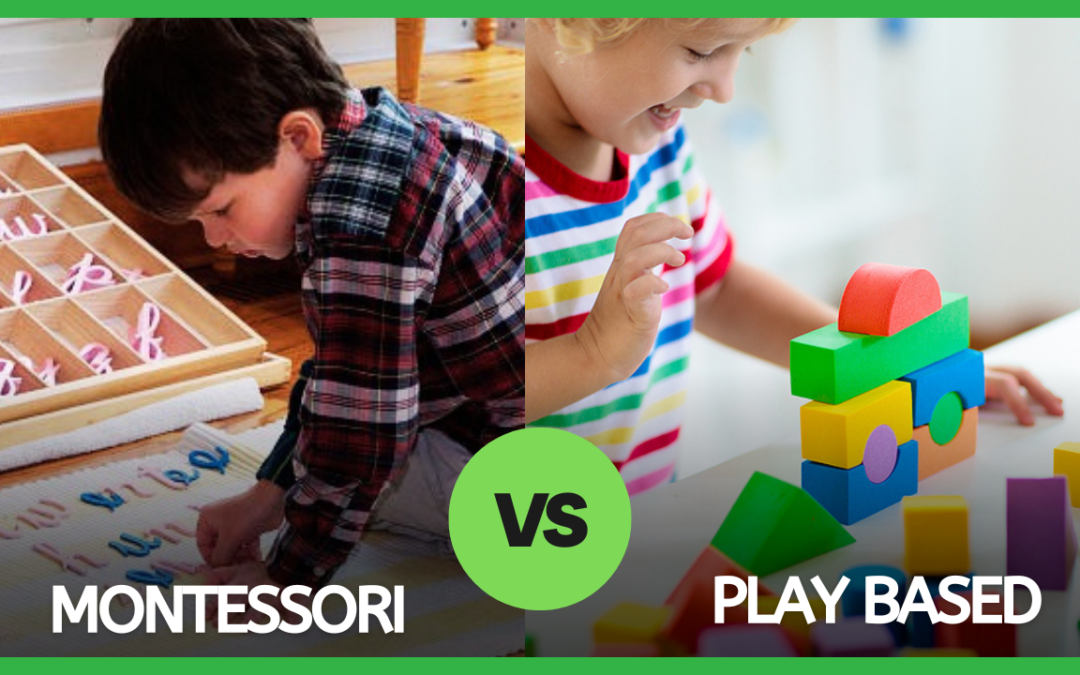- Individualized Learning:
One of the main benefits of Montessori over a play-based program is the individualized learning approach. In a Montessori classroom, children are encouraged to learn at their own pace and are provided with materials that are designed to meet their individual needs. This approach allows children to develop a strong foundation in key subjects, such as math, language, and science, at their own pace. In contrast, a play-based program may not provide the same level of individualized attention and can be less structured, making it challenging for some children to learn effectively.
- Focus on Practical Life Skills:
Montessori places a strong emphasis on practical life skills, such as cooking, cleaning, and caring for oneself. These skills are taught through hands-on activities and are designed to help children develop independence and self-sufficiency. In contrast, a play-based program may not place as much emphasis on these skills, which can hinder a child’s ability to become self-sufficient and independent.
- Emphasis on Order and Structure:
Montessori classrooms are designed to be orderly and structured. Children are expected to follow specific routines and procedures, which helps them develop self-discipline and self-control. This emphasis on order and structure can also help children feel more secure and confident in their learning environment. In contrast, a play-based program may not provide the same level of structure, which can lead to feelings of chaos and uncertainty.
- Development of Executive Functioning Skills:
Montessori programs are designed to help children develop executive functioning skills, such as attention, planning, and problem-solving. These skills are essential for success in school and in life. Montessori materials are designed to challenge children’s thinking and help them develop problem-solving skills. In contrast, a play-based program may not provide the same level of cognitive stimulation, which can hinder a child’s development of executive functioning skills.
- Long-Term Benefits:
Research has shown that children who attend Montessori programs have better academic outcomes, higher self-esteem, and greater social-emotional development than children who attend traditional or play-based programs. Montessori programs also help children develop a love of learning that lasts a lifetime. In contrast, a play-based program may not provide the same level of academic rigor and may not prepare children for success in the long term.
In conclusion, while both Montessori and play-based programs have their benefits, Montessori offers unique advantages over a play-based program. Montessori programs provide individualized learning, a focus on practical life skills, an emphasis on order and structure, the development of executive functioning skills, and long-term benefits that can help children succeed in school and in life.


